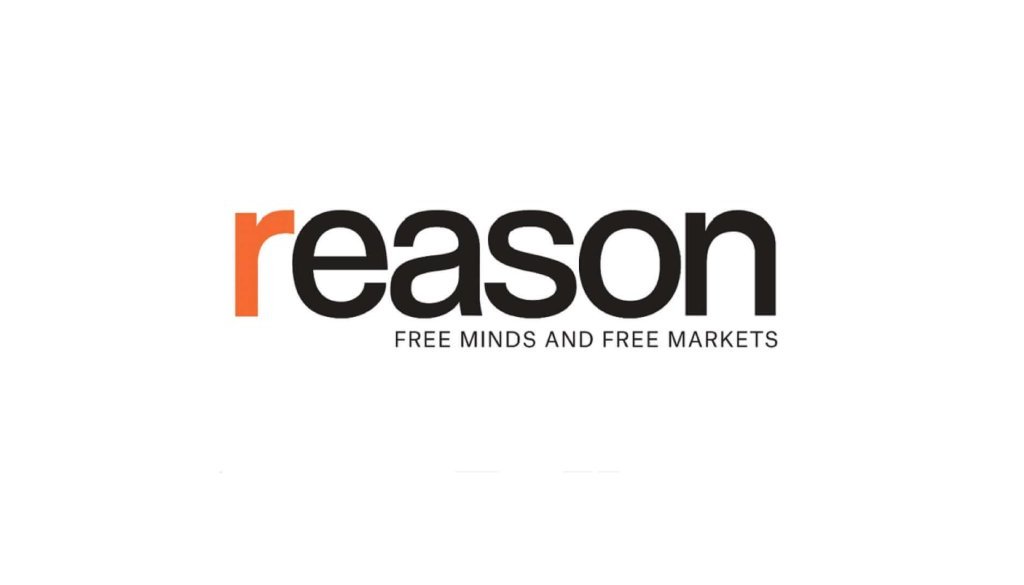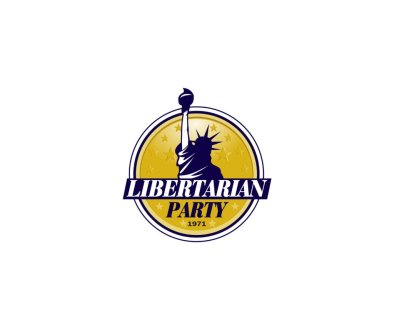Fewer People Support Censoring False Information Online
The percentage of Americans who think the government should “take steps to restrict false information online” is shrinking.
According to new data from the Pew Research Center, Americans are losing patience for the idea that the government should censor in the name of stopping misinformation.
Pew also found decreasing support for the idea that tech companies should make such efforts on their own.
In 2023, 55 percent of people surveyed agreed with the idea that the U.S. government “should take steps to restrict false information online, even if it limits freedom of info.” And 65 percent of those surveyed thought that tech companies should do this.
Support for both statements has decreased. In Pew’s 2025 survey, just 51 percent agreed with the statement about the U.S. government, and 60 percent agreed with the statement about tech companies.
The Good News
The good news here is we may be seeing an uptick in people who view free speech as a more important value than some utopian ideal of online safety. Perhaps people have started to realize that systems tasked with stopping false information online will inevitably make mistakes and exhibit biases.
Speech that is categorically not misinformation will sometimes get swept up, especially when companies are relying on algorithms as a first line of misinformation defense.
Moreover, what qualifies as misinformation is not always so simple to determine. Things deemed misinformation at one point (like the lab leak hypothesis of COVID-19 origins, or the Hunter Biden laptop story) may later turn out to be true or at least possible. Things called misinformation by one group of people may be seen differently by people with different political, religious, or moral views. In many situations, saying who is right and who isn’t requires prioritizing one set of values over another, or making judgement calls on complicated scientific matters that may not be settled yet.
And even when some story or piece of information is clearly false, suppressing it can cause more damage than good. At the very least, there’s no evidence that stopping the spread of misinformation in certain online venues will actually stop people from believing that information, especially when politicians and offline pundits still spread it.
For those inclined to believe the false story, its suppression could end up strengthening their resolve that it is correct. Suppressing talk of the false story can even deprive people of opportunities to counter it, with people directly challenging the falsehoods often getting got up by the same suppression rules as those spreading the falsehoods.
We’ve seen so many examples of all of these scenarios in recent years that it would be depressing if the message wasn’t getting across somehow. So it’s nice to see a survey suggesting that, at least to some small degree, it is.
The Bad News
The Pew survey still shows a lot of people who want the government to stop misinformation online, and who are willing to sacrifice freedom of information for this goal. For both the government and the tech question, a majority are in suppo
Article from Reason.com

The Reason Magazine website is a go-to destination for libertarians seeking cogent analysis, investigative reporting, and thought-provoking commentary. Championing the principles of individual freedom, limited government, and free markets, the site offers a diverse range of articles, videos, and podcasts that challenge conventional wisdom and advocate for libertarian solutions. Whether you’re interested in politics, culture, or technology, Reason provides a unique lens that prioritizes liberty and rational discourse. It’s an essential resource for those who value critical thinking and nuanced debate in the pursuit of a freer society.




